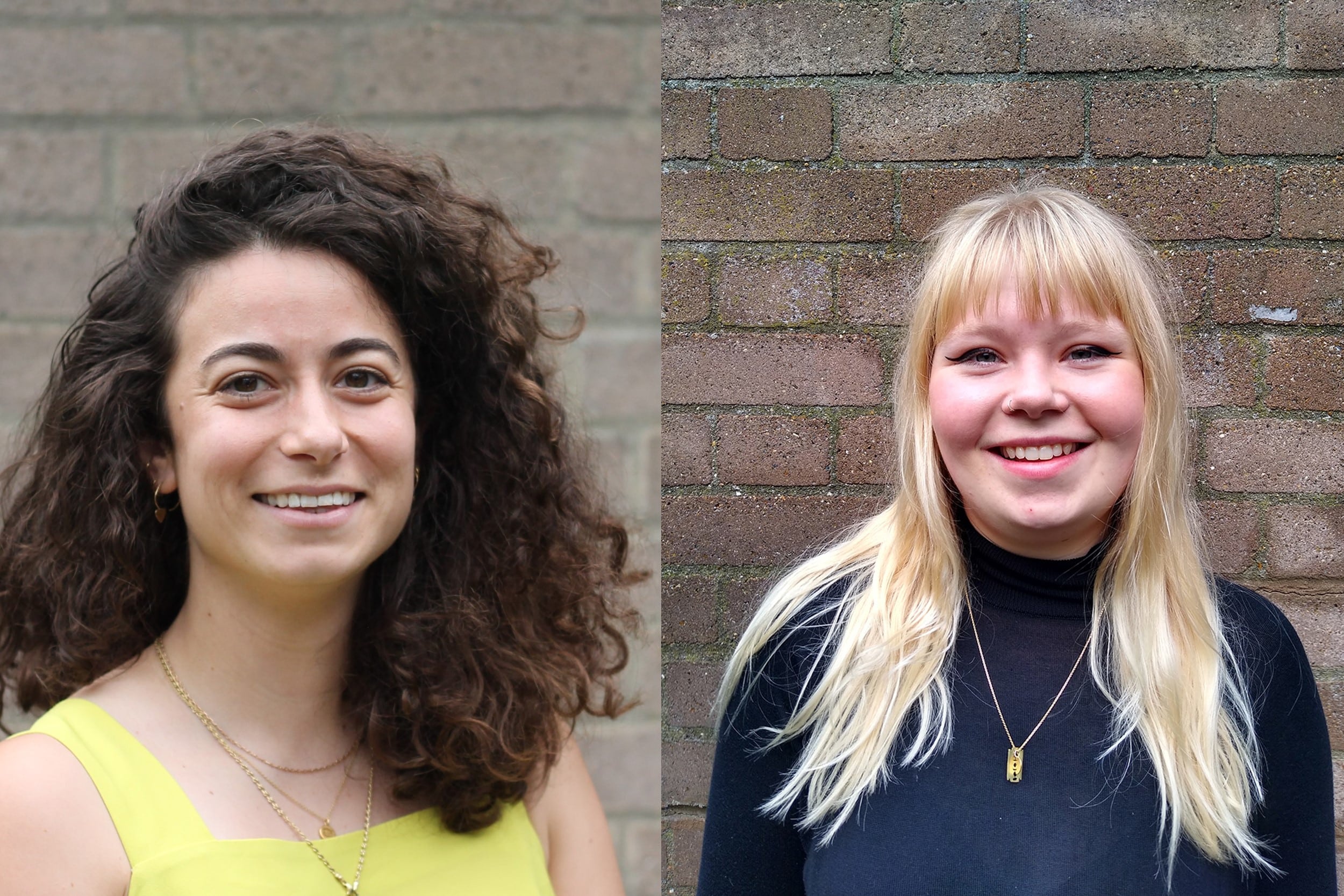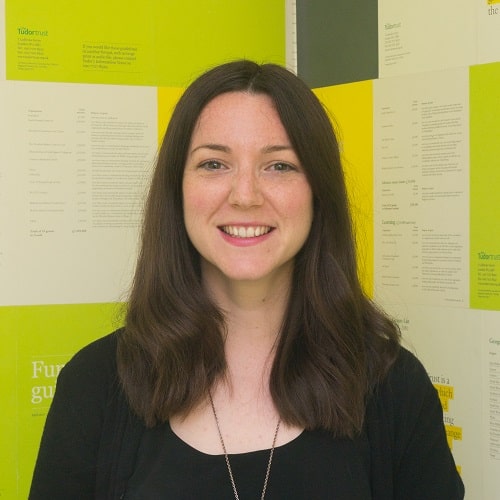With months of local restrictions now extended to a national lockdown, it is clear that ‘Covid-recovery’ is far from us – even with the glimmer of hope in recent news about a new vaccine. And eight months on from the first national lockdown, we all desperately want to move out of emergency response mode. We need to find the confidence, skills and ways of working to operate effectively in our current environment, accepting that changing restrictions will feature in our lives for the foreseeable future. Let’s embrace this ‘new normal’ as best we can.
Although ‘paddling furiously’, VCSE leaders are increasingly assured in the face of the certainty of uncertainty: ‘We’re open, but it’s on my mind that we may need to close again. But we know how to do this, and we will be able to do this more quickly’. And they are finding ways to combine planning with flexibility, enabling them to ‘move with the fluidity of the situation, in a pragmatic way’.
Some funders are finding it harder to make this leap. Used to a relatively structured environment of strategies, programmes, funding cycles, grant management and reporting, the constantly changing external context can be highly destabilising: ‘We responded with the speed and agility that was required. But this placed strains on systems which were not developed to respond to such a scenario’. Meeting the requirements of the foreseeable future will be equally challenging. Adaptations introduced during the early stages of the pandemic need to be sustained and further developed. And other elements of the tried, tested, traditional, familiar ways of doing things will also need to change if funders are to make good the heartfelt commitment of so many to stand by the sector – and stand by it still.
Many funders felt freed by the imperative of the immediate emergency: ‘There was a lot of licence in the early months to respond generously’. But looking to the longer term calls for hard choices in the face of overwhelming need, a highly complex and changing environment and the imperative to act quickly: ‘The challenges before us are immense. And funders need to make decisions and contribute now’. Whatever strategic decisions individual funders make about their priorities, all have the opportunity to ensure these decisions are underpinned by day-to-day grant-making practices that best support applicants and grantees at the sharp end of delivery.
‘Become more of a partner and less of an auditor’
From very early in this crisis, we have heard a drumbeat of consistent and emphatic messages from VCSE leaders – ‘be brave’, ‘be flexible’, ‘trust us’, ‘be clear and open’, ‘understand the pressure we are under and reflect this in how you work’, ‘become more of a partner and less of an auditor’. Looking back across the learning that has been generated from IVAR’s work with both VCSE leaders and foundation learning and evaluation staff, we would highlight four principles to guide funders in shaping the nuts and bolts of their grant-making and grant management practices now and for the future:
- Express priorities, requirements and exclusions with absolute clarity. Funding criteria and guidelines do not always help VCSE organisations to make cost-benefit judgements about potential applications – whether because they have been put together too quickly, not rigorously reviewed from an applicant’s viewpoint, or deliberately written to allow funders to keep their options open. Ambiguity in guidelines is costly and frustrating for applicants at the best of times. In the current circumstances, the obligation not to waste time is paramount – for both applicants and funders.
- Scrutinise and simplify application and decision-making processes. ‘Pre-Covid expectations’ (about adequate reserve levels, robust forward plans and value for money, for example) may well be unrealistic in this new environment. And small changes make a big difference to applicants – such as testing every question for clarity and removing any that are not essential; relaxing word limits on online forms; or requiring less supporting information. There is much experience to draw on: 85% of funders who responded to IVAR’s recent survey have streamlined their application processes during coronavirus.
- Give the organisations you support the freedom to act. Make funding decisions based on ‘the spine of an organisation’: its mission, values, aims and track record. Trust these organisations to make good operational judgements about volume of activities, delivery mechanisms and managing risk day-to-day: ‘Funders need to trust us to know what we can do and achieve in our communities. We know how disproportionately some are going to be impacted, so funders need to give us a more blank paper rather than being too prescriptive with too many targets’. Now is the time to have real confidence in your funding judgements – by making longer grants; by giving unrestricted funding; by making reporting as light touch as possible.
- Act, learn and improve. Everyone is trying to make their best contribution in a context of huge uncertainty: ‘Some of the best solutions come from having some courage – saying “I can live with that risk”’. So, learning is critical: balancing data with intuition; combining evidence with instinct; and turning inevitable problems into better practice: ‘The question is “what can we do better”, not “what is the right answer”. Then we can try out multiple ‘better’ things quickly and back the ones that work’.
Read reflections from other funders on their evolving Covid-19 responses in our Learning from lockdown blog series.
Invite your grantees to take part in our peer support sessions – we are funded to deliver weekly drop-ins.
This blog is based on our work with over 390 VCSE leaders and over 100 trusts and foundations since March 2020.



